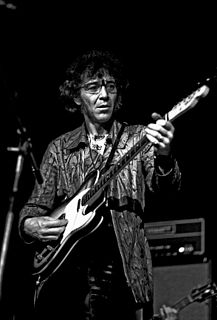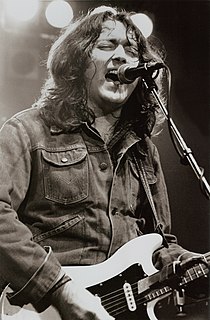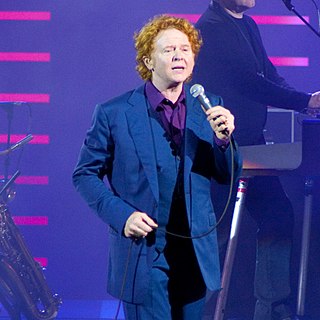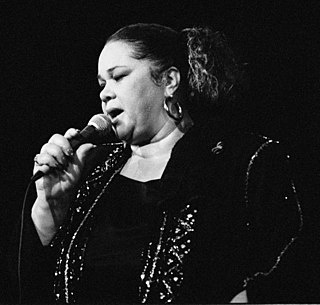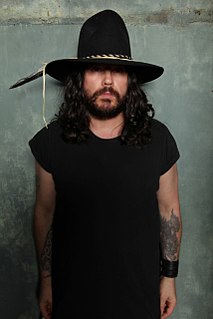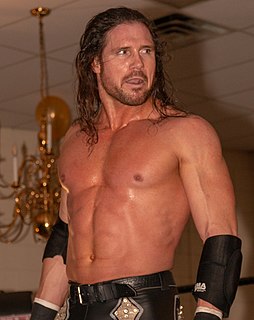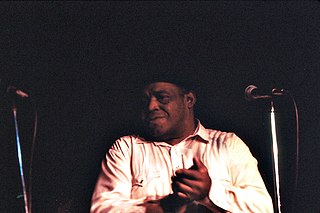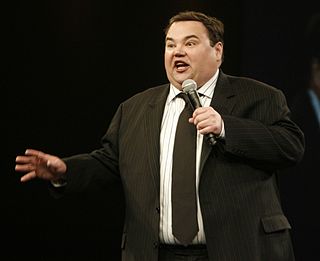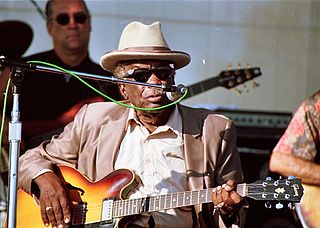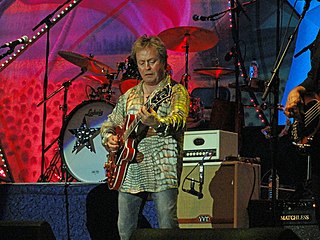A Quote by Alexis Korner
The parallel development in American blues to the British movement has resulted in Johnny Winters.
Related Quotes
I think I've actually benefited from Australia being a kind of combination of both British and American culture. We kind of got the best of both British and American television and books, science fiction and fantasy, and so on. So I'm familiar with a lot of, for example, American books and television that a British author of my generation might not be.
In less than a century we experienced great movement. The youth movement! The labor movement! The civil rights movement! The peace movement! The solidarity movement! The women's movement! The disability movement! The disarmament movement! The gay rights movement! The environmental movement! Movement! Transformation! Is there any reason to believe we are done?
